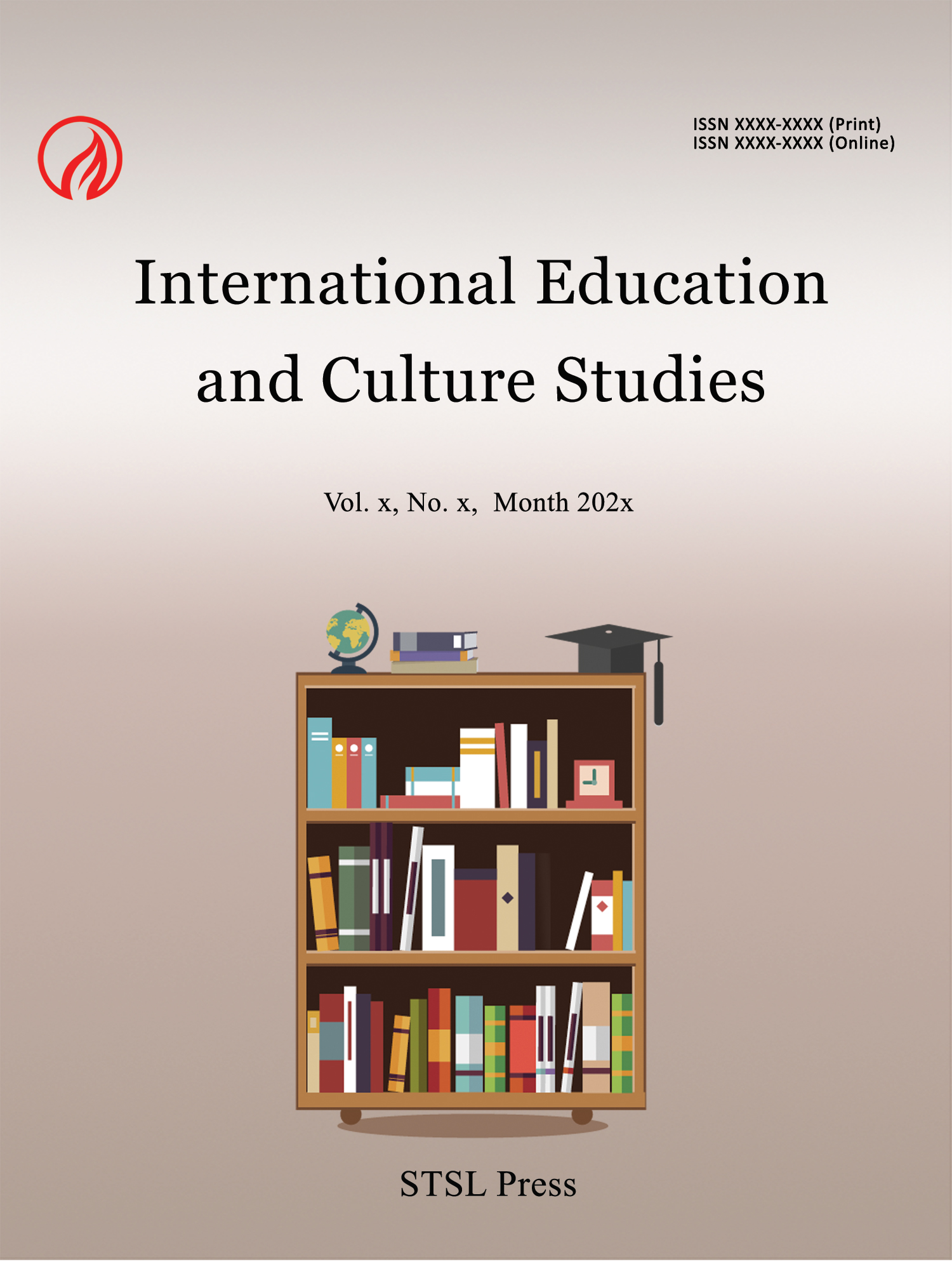Instructional Design According to Design Thinking and its Impact on the Skills of Creative Problem-Solving of Second Class Middle Students
Abbas Khudhair Hussein
Hassan Kamil Risen Al-Kinani
Abstract
The research aims to build an educational learning design according to design thinking and its impact on the creative problem-solving skills of second-year middle school students. The researchers adopted the experimental approach with an experimental design for the control group with a post-test. The experiment was applied to a sample of the second-year middle school of Al-Faw Middle School, Rusafa Education Directorate/3, intentionally, as Section (A) was randomly selected to represent the experimental group that studies according to design thinking, and Section (B) to represent the control group that studies according to the traditional method. The number of sample members was (91) students. The sample was divided into (43) students in Section (A), which represents the experimental group, and (44) students in Section (B), which represents the control group. The research tool was prepared, which is the test of Creative Problem-Solving skills in mathematics, and the validity and reliability of the test were verified. The results for two independent samples showed that the students of the experimental group outperformed the students of the control group in the test of creative problem-solving skills for mathematical problems. The researchers saw some recommendations, including encouraging and urging teachers to use design thinking when teaching mathematics for the intermediate stage due to its positive impact in raising the skills of creative problem-solving for mathematical problems, which may ensure the positivity of learners and the permanence of the learning effect, and calling on the competent authorities in the Ministry of Education and its directorates to organize training courses for teachers on the application of design thinking and how to employ it in teaching mathematics.
Paper:
pdf
DOI:
https://doi.org/10.71002/iecs.v5n1p14
 This work is licensed under a
Creative Commons Attribution 4.0 License.
This work is licensed under a
Creative Commons Attribution 4.0 License.
Contact us
- Jerry Lee
- iecs@stslpress.org
